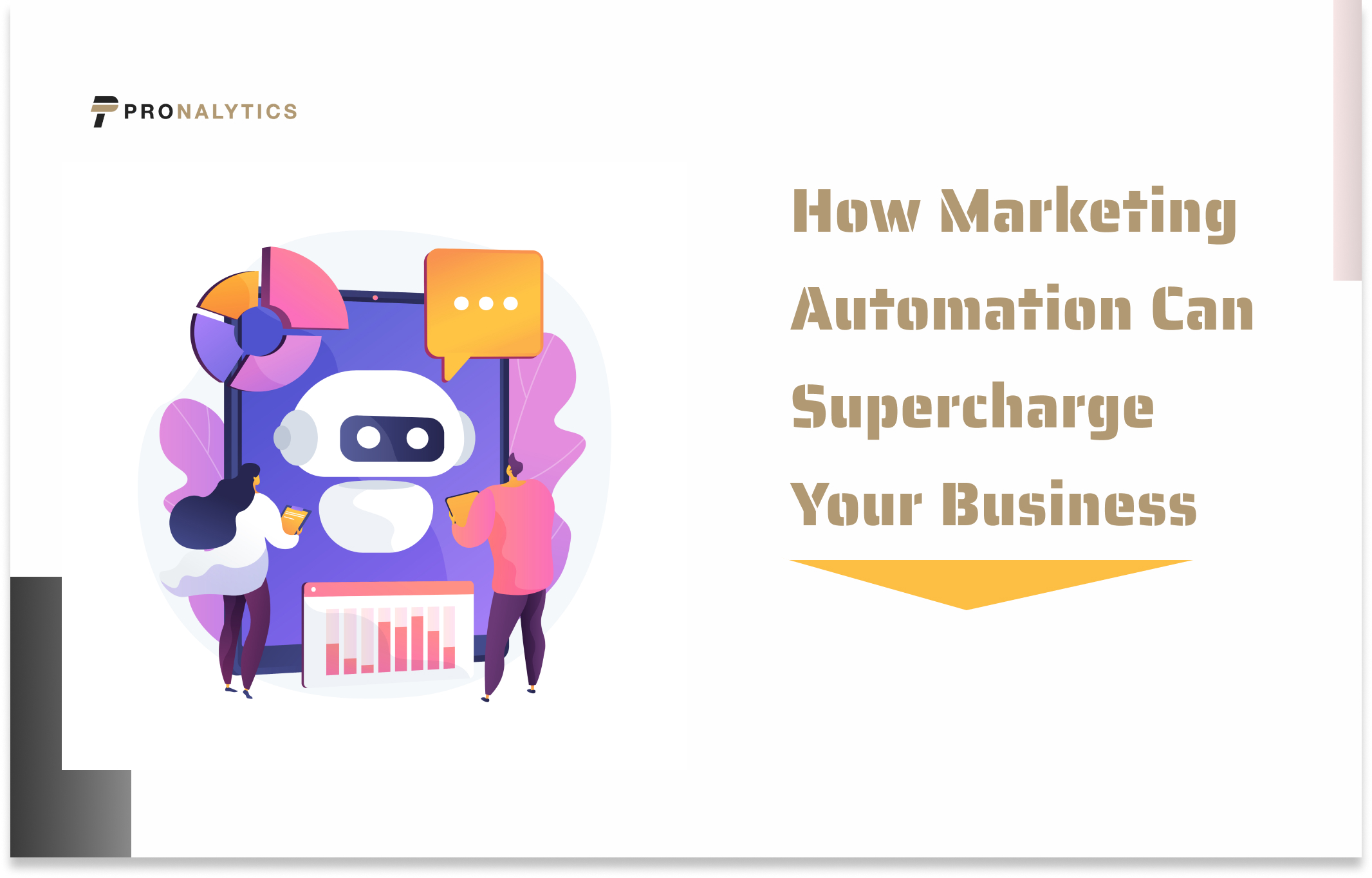Do we have control over our personal data? Can we decide how it's used and by whom?
Are individuals adequately informed about how their data is collected, stored, and utilized?
Can biased algorithms lead to discriminatory practices in areas like loan approvals or job applications?
Big Data holds the promise of transformative breakthroughs and advancements, From personalized healthcare to predicting weather patterns, vast datasets are revolutionizing every facet of our lives. However, its ethical implications cannot be overlooked. Let's face it, we all leave a digital footprint these days. Every online purchase, every social media post, every time you tap "allow location services" – it all adds up to a massive dataset about you. Each action, seemingly innocuous in isolation, contributes to an intricate profile of our preferences, behaviors, and even vulnerabilities. Companies and even governments can collect and analyze this information, sometimes without you even realizing it.
We love the convenience of personalized experiences, but where's the line between helpful suggestions and privacy. Or imagine a computer program that decides who gets a loan based on where they live, not their actual creditworthiness. That's the potential danger of biased algorithms – they learn from data that might already be unfair, leading to unfair outcomes for real people.
The collection, storage, and analysis of this data raise critical ethical questions about privacy, security, and the very nature of control in the digital age. Navigating this complex landscape requires striking a delicate balance: fostering innovation while safeguarding individual rights and data security.
Security Risks and the Importance of Data Governance
One of the primary concerns is the increased risk of data breaches. With large quantities of data stored and processed, the potential attack surface for cybercriminals expands, making it more difficult to detect and prevent unauthorized access. A single breach can lead to significant financial losses, damage to reputation, and legal repercussions for organizations.
Maintaining the integrity of data is another key concern in big data environments. Without proper controls and validation mechanisms, data can be altered or corrupted, leading to incorrect insights and decision-making. This can have far-reaching consequences, particularly in industries where data accuracy is paramount, such as finance, healthcare, and scientific research.
Prioritizing data governance is essential for organizations to effectively address the security risks associated with big data. Data governance provides a structured framework for managing and protecting data throughout its lifecycle, from collection and storage to analysis and disposal. Here's how robust data governance practices can help mitigate security risks:
1. Data Classification: Data governance involves classifying data based on its sensitivity and importance. By categorizing data according to predefined criteria, organizations can prioritize security measures and allocate resources accordingly. For example, highly sensitive data, such as financial records or personally identifiable information, may require stricter access controls and encryption than less sensitive data.
2. Access Controls: Implementing granular access controls is crucial for ensuring that only authorized users can access specific data. Data governance policies should define who has access to what data and under what circumstances. Role-based access controls, encryption, and multi-factor authentication can help prevent unauthorized access and mitigate insider threats.
3. Data Lifecycle Management: Effective data governance involves establishing processes for managing data throughout its lifecycle, from creation to disposal. This includes defining data retention policies, archival procedures, and secure data deletion practices. By implementing proper data lifecycle management, organizations can minimize the risk of data leakage and ensure compliance with data protection regulations..
4. Monitoring and Auditing: Data governance requires ongoing monitoring and auditing of data access and usage. By regularly reviewing access logs and conducting audits, organizations can detect and investigate suspicious activities, unauthorized access attempts, and data breaches. Monitoring tools and automated alerts can help organizations respond promptly to security incidents and mitigate potential damage.
Beyond the basics of big data and data governance, there are many complex factors that influence how it affects society. For instance, AI algorithms are instrumental in analyzing big data, concerns regarding biases and fairness arise. Ensuring the responsible and ethical development of AI becomes imperative.
Big data isn't just about analyzing vast volumes of information; it presents opportunities for societal transformation. Using big data for societal benefit, organizations can address global issues such as climate change and public health.Real-time analysis of weather patterns aids in predicting and preparing for natural disasters, while anonymized data facilitates tracking the spread of diseases, contributing to more effective disease control strategies
Big Data transcends borders. Imagine a world with international cooperation on data governance frameworks. This ensures a level playing field and protects individuals regardless of where their data is stored. By acknowledging the ethical challenges and working towards responsible solutions, we can ensure that Big Data remains a force for good, not a threat to our privacy.
OUR LATEST BLOGS
Read more blogs of our company
Blog
Unlocking the Potential of IoT in Supply Chain and Logistics: A Revolution in Motion
The future of supply chain and logistics is undoubtedly connected. By embracing the power of IoT, businesses can unlock a new era of efficiency, resilience, and customer satisfaction.

Blog
Franchising in a Pinch: How Marketing Automation Can Supercharge Your Business
Are you a one-person marketing team, juggling social media posts, email blasts, and personalised customer outreach? It feels like you're stuck in a hamster wheel of repetitive tasks, never quite catching up.